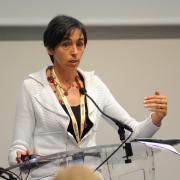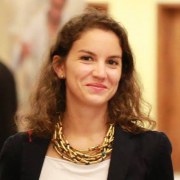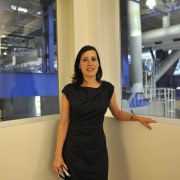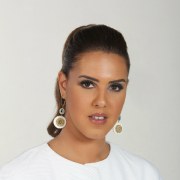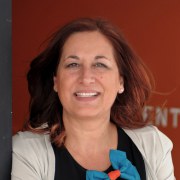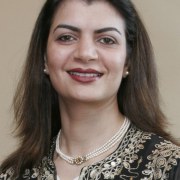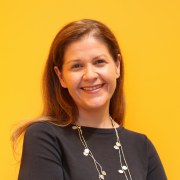Science engagement cooperation in the Euro-Mediterranean & Middle East
Within the global context of the Sustainable Development Goals, the promotion of cooperation in the Euro-Mediterranean, Mediterranean and Middle East region is a real need. As agents of change, science engagement organisations are committed to promoting participatory citizenship and are required to implement projects contributing to this process.
This science café will explore socio-cultural influences on science engagement practices in this region and highlight the potentialities of regional and international cooperative projects. Presenters will speak of the local socio-political factors influencing their work, before regional cooperation experiences are highlighted, such as the Euro-Mediterranean and Middle East Summer School for Science Communication (EMME). Partners and students will pinpoint its effectiveness in capacity-building and enhancing international cooperation.
Facilitator
Responsible for International relationships
Session speakers
Al Nayzak Organization for Supportive Education and Scientific Innovation
Inès Abdel Razek will speak about influences in the Palestinian context. First, education remains traditional and Al-Nayzak has been developing youth curiosity and open-minded scientific thinking. Secondly, Palestine lacks platforms for innovation and Al-Nayzak has created initiatives to incubate scientific ideas. Thirdly, the restrictions of movement require connected technology to reach all communities. This is why international cooperation is key to broaden Palestinians' horizons beyond those borders.
International Affairs Officer
Since its beginnings, Cité des Sciences et de L’industrie and now Universcience have invested in international cooperation with our neighbours. Particularly North Africa, as we share common history and language, but also the Middle East, where successful collaborations have been led. Whether as part of a commercial strategy or as a collaborative policy (e.g. EMME), those experiences, which will be highlighted, have been an enriching source of exchanges, dialogue and understanding for our teams.
The Scientific Center of Kuwait
We Stand during a time where knowledge transfer happens instantaneously and on many levels. We are keen to see our Science Centers opening platforms where we too can play a role in Science and Ideation flowing between our regions .The opportunities for youth to collaborate and work together would be a key aim to achieve during this coming year . Emphasis on the commonality rather than the differences – Youth want to be heard and they want to make a difference in this world . How can we facilitate and accelerate this opportunity .
EMME is a training programme for science centre professionals from Europe and MENA, with the aim of capacity building and networking. It is an example of two networks, Ecsite and NAMES, building on differences a powerful common ground rich in its diversity. I was lucky to be President of Ecsite when these networks were deepening their bond for EMME. I will share the challenges and joys of learning that we have more things in common than our differences – and that is the strength of our field.
Royal Academy of Science International Trust
The Children's Museum Jordan
Cultural collaboration to advance science centres is what this is about. Not only is this field still emerging in MENA, but we are also bombarded with a multitude of challenges. There are no expertise in the field and we acquire experience as we go. We embrace the chance to meet and exchange with our European counterparts during EMME. I will share our team’s take-home benefits and why such collaborations are vital, and open the floor for partners and students to reflect on their experiences.

